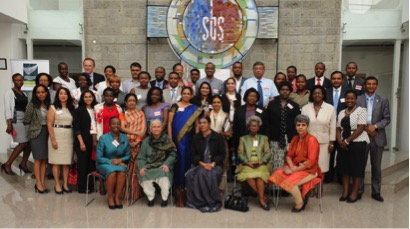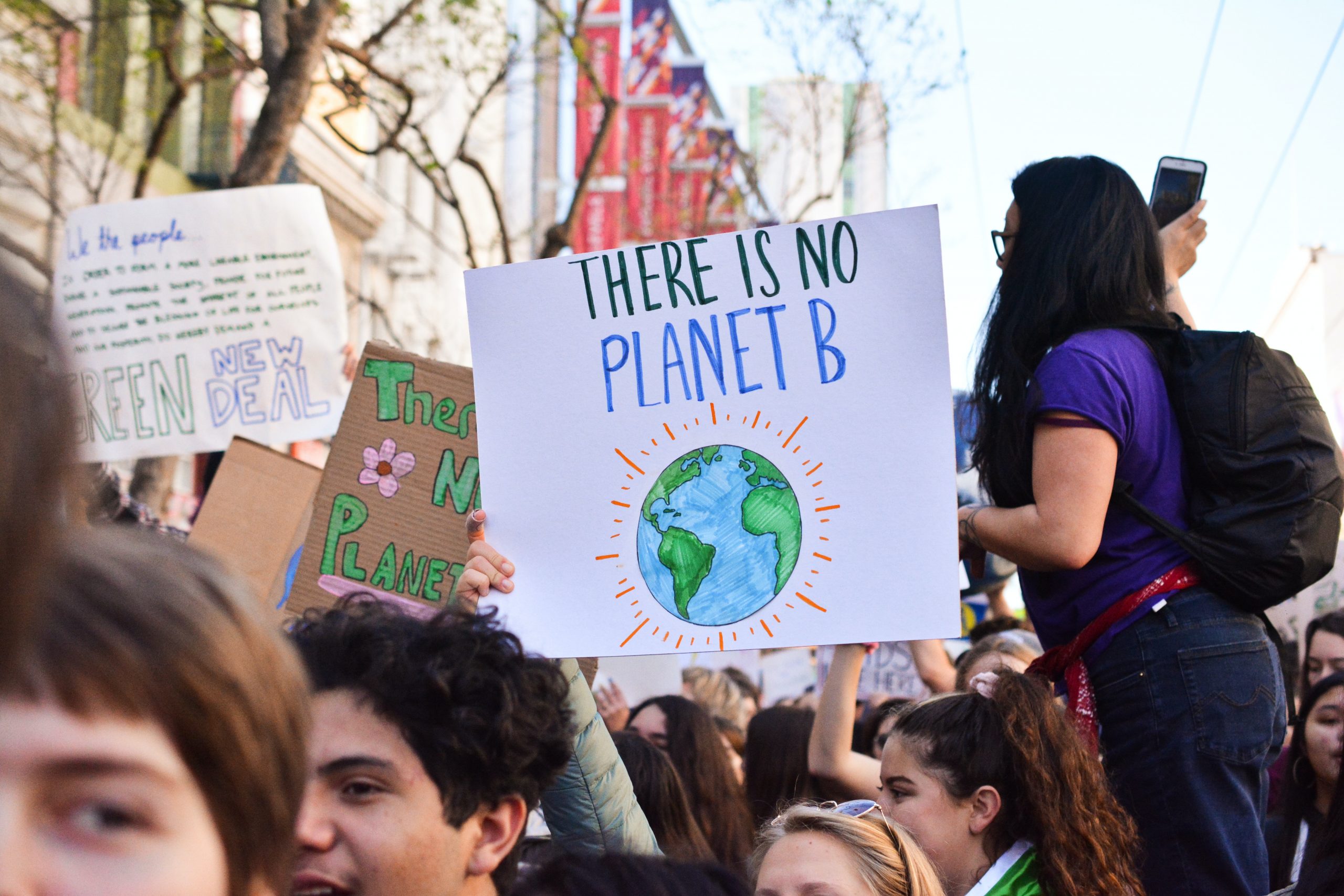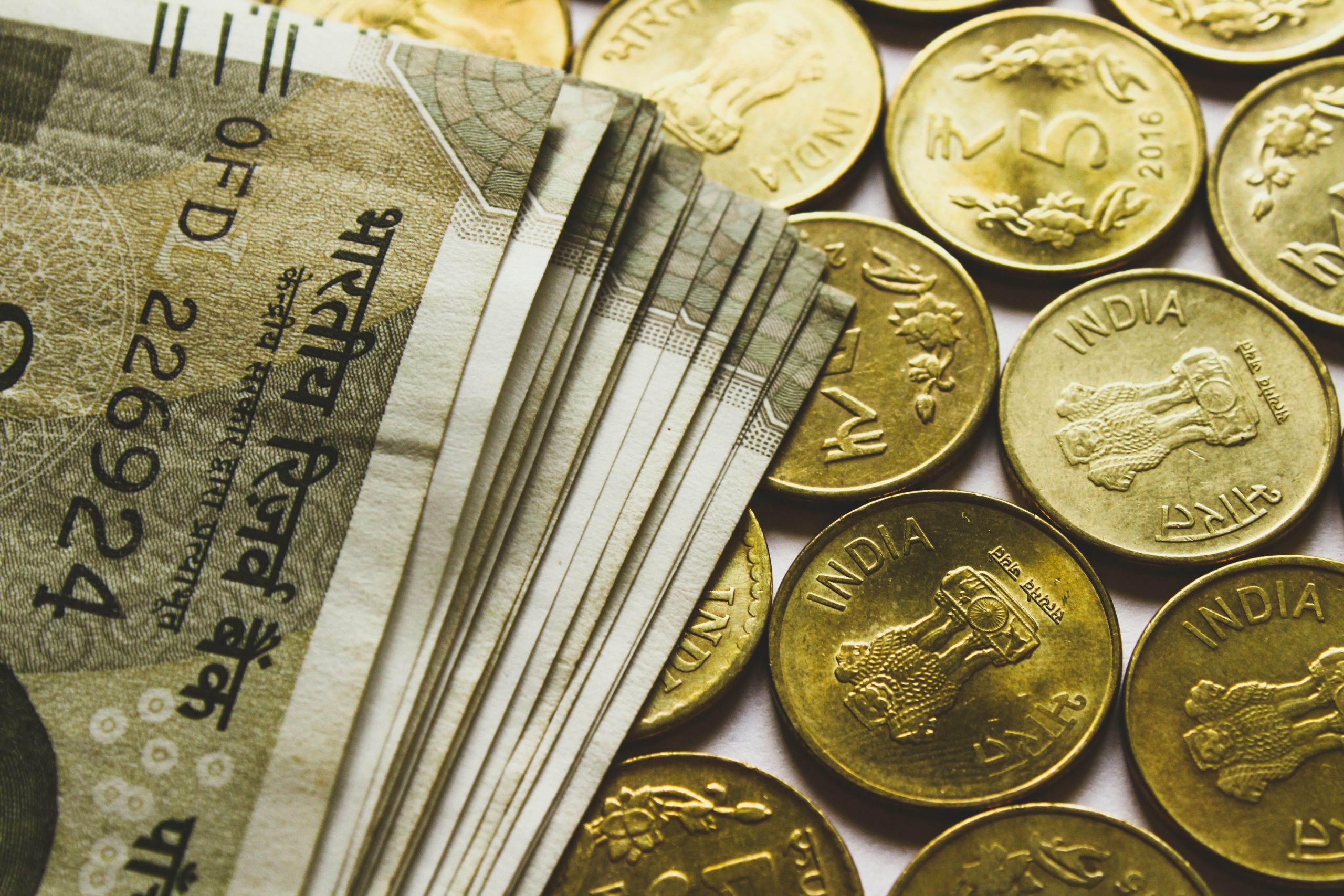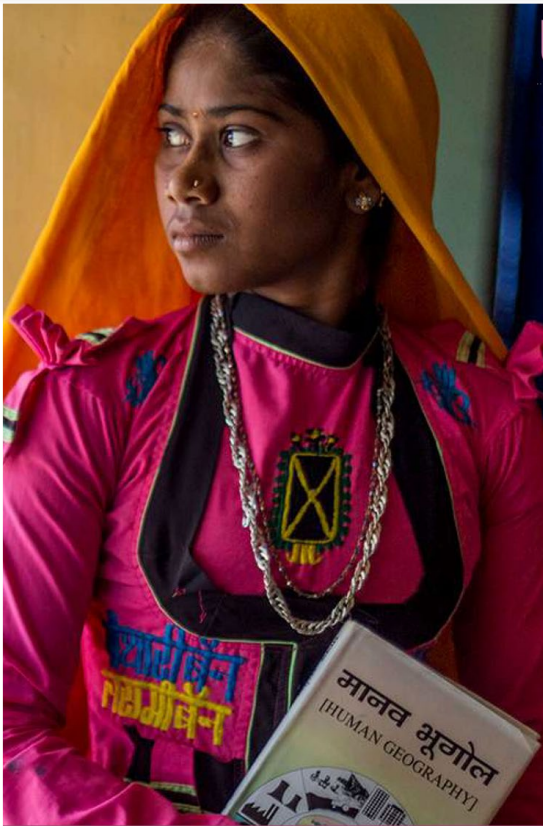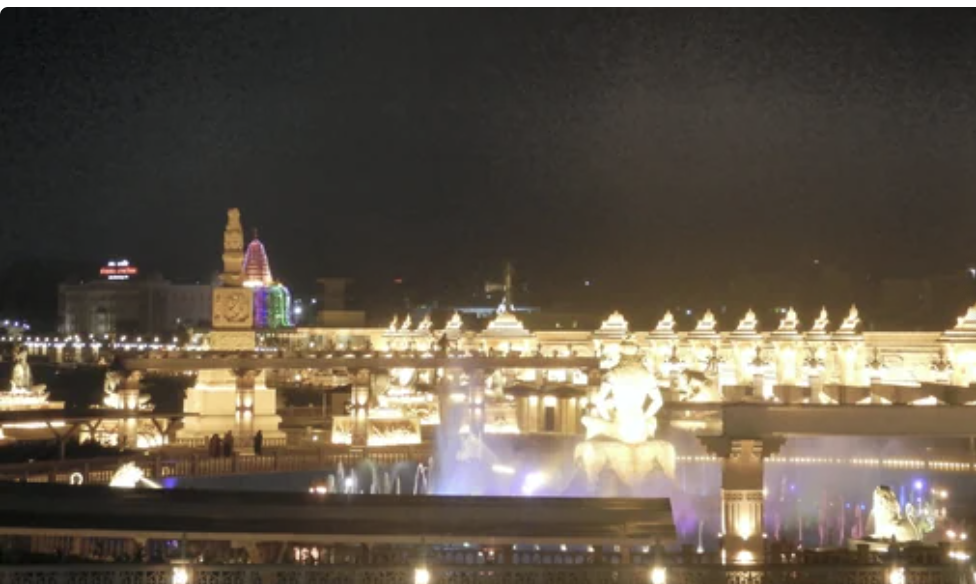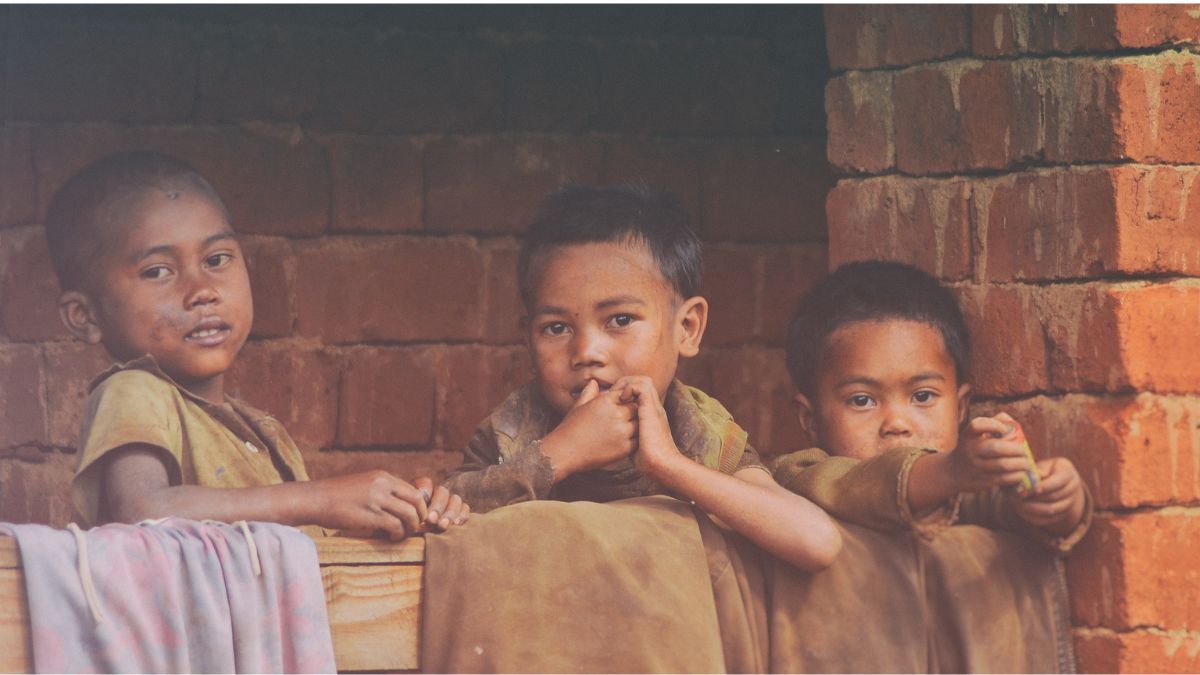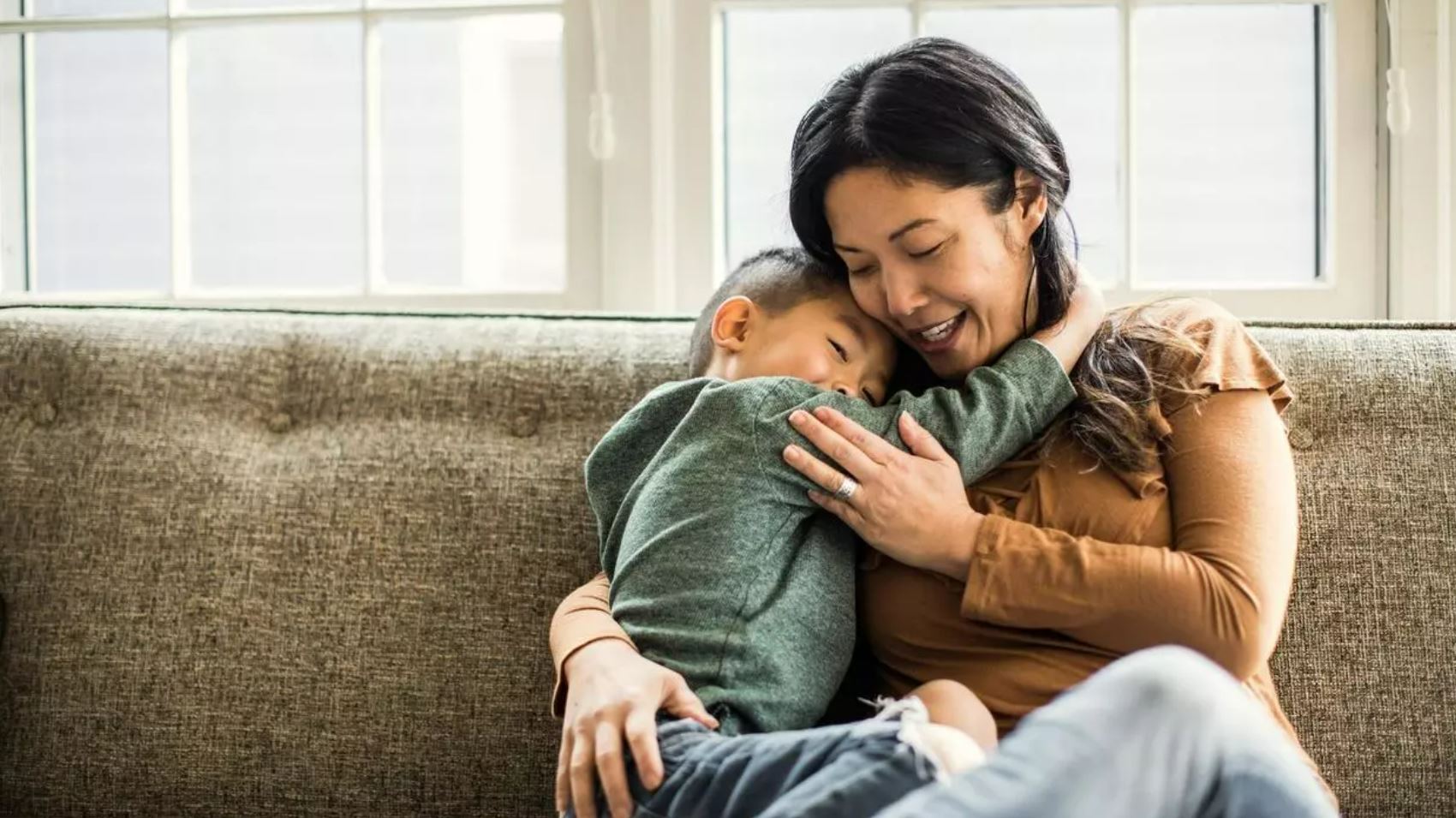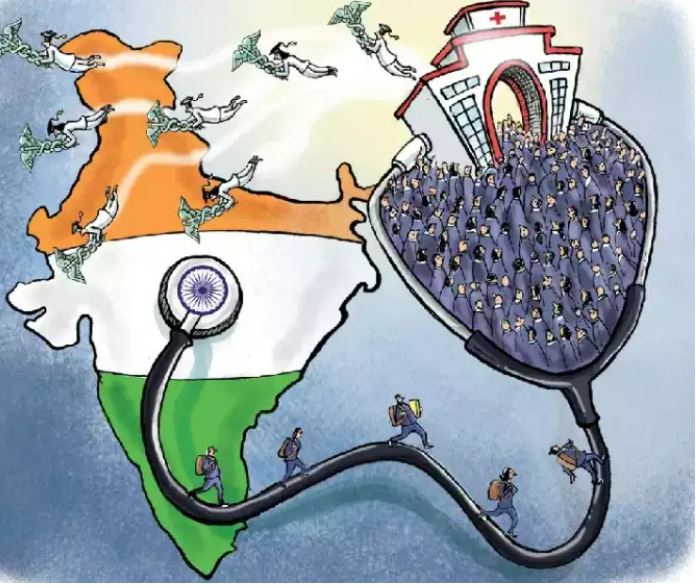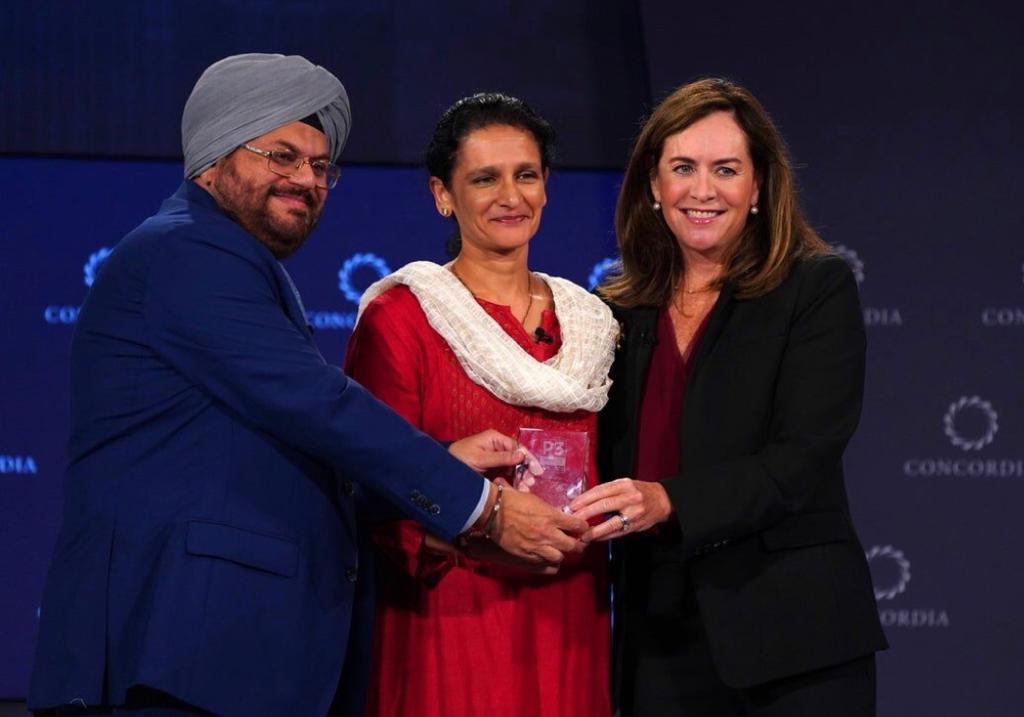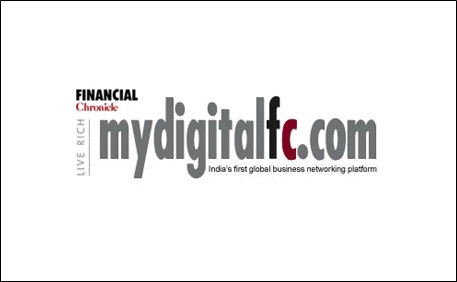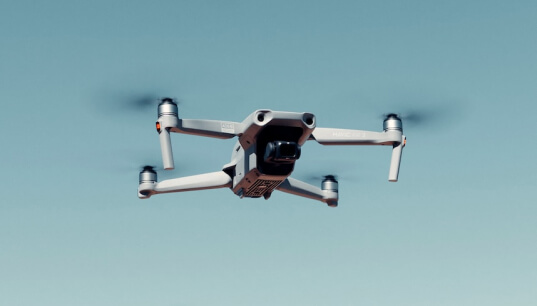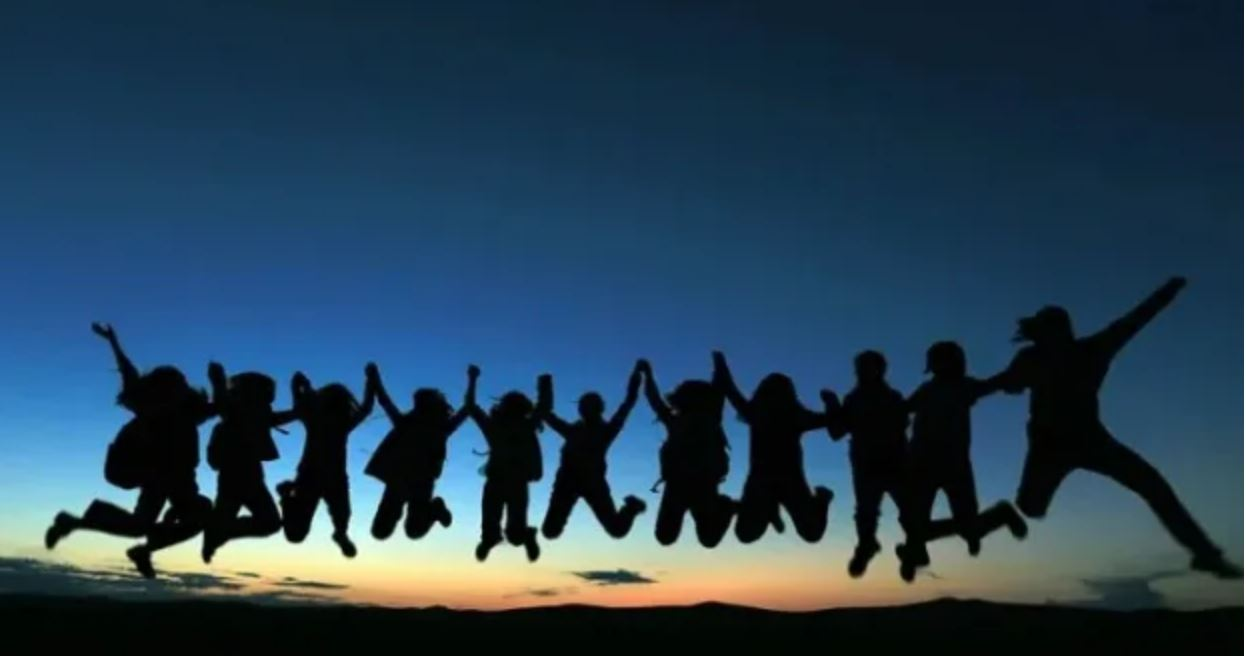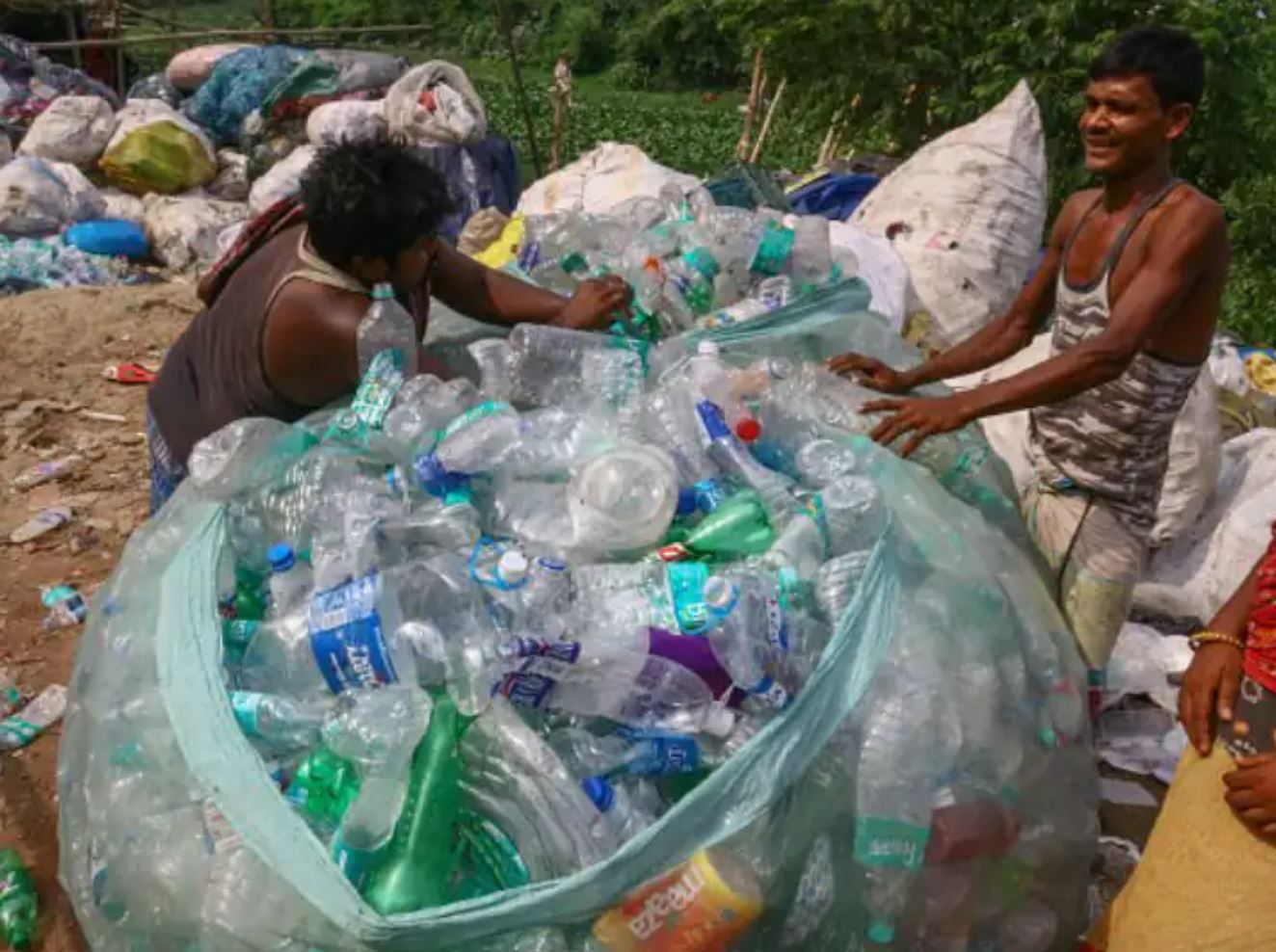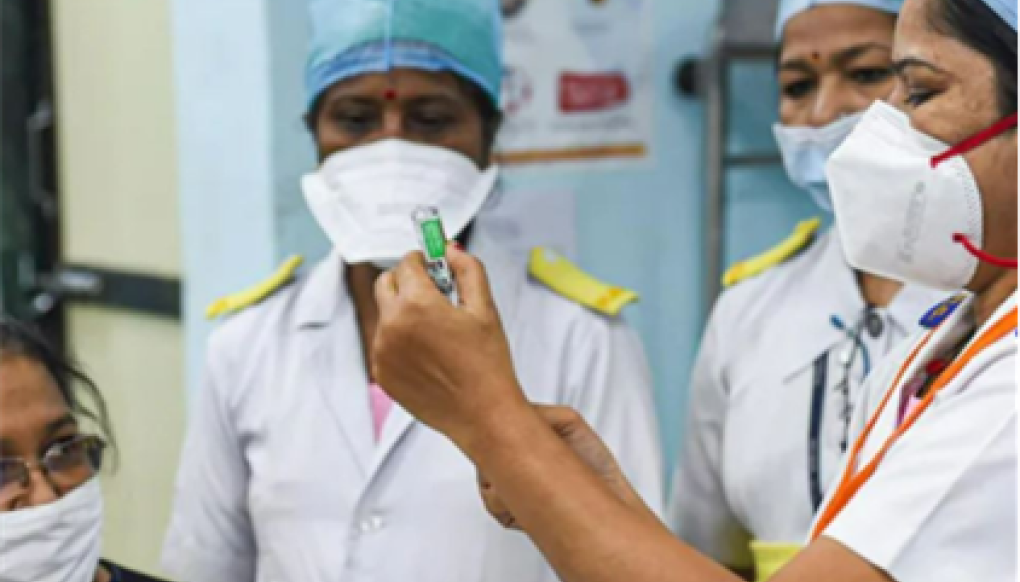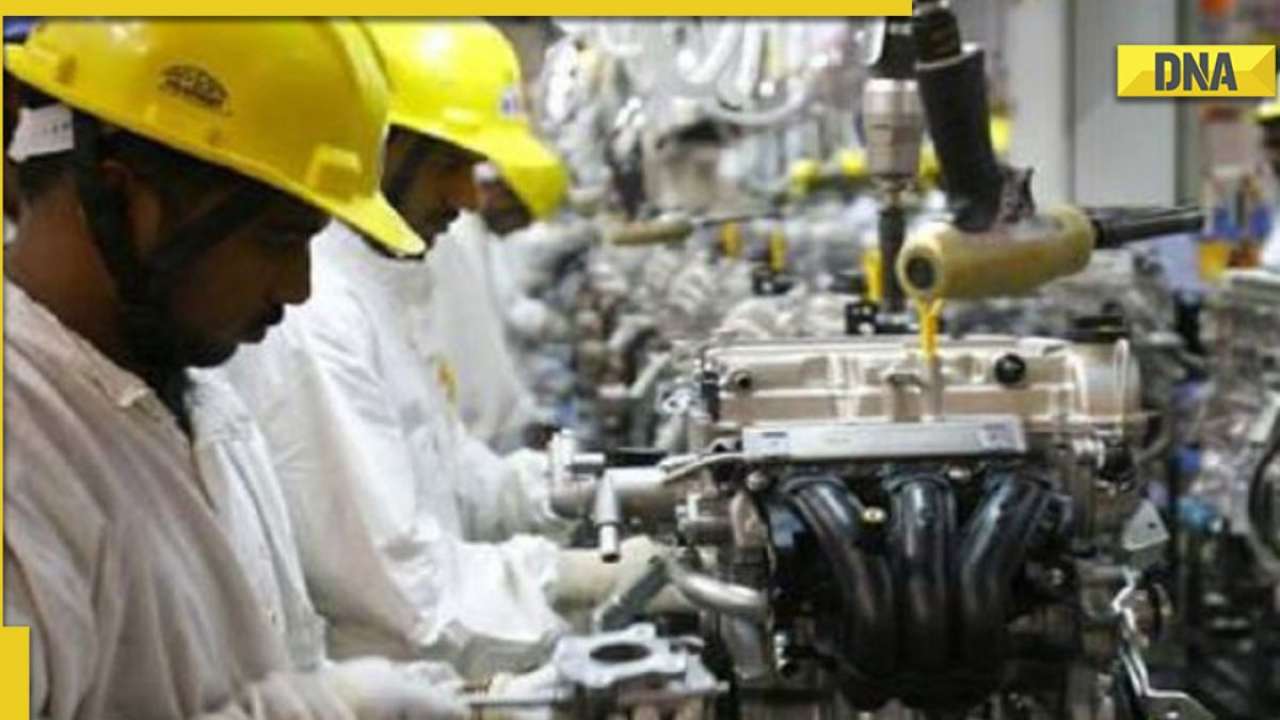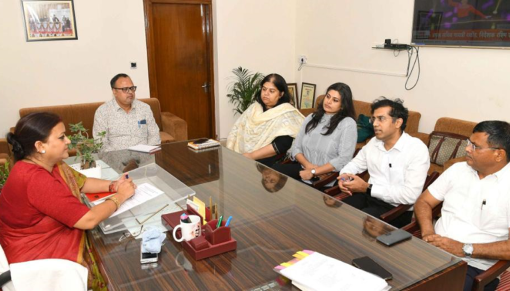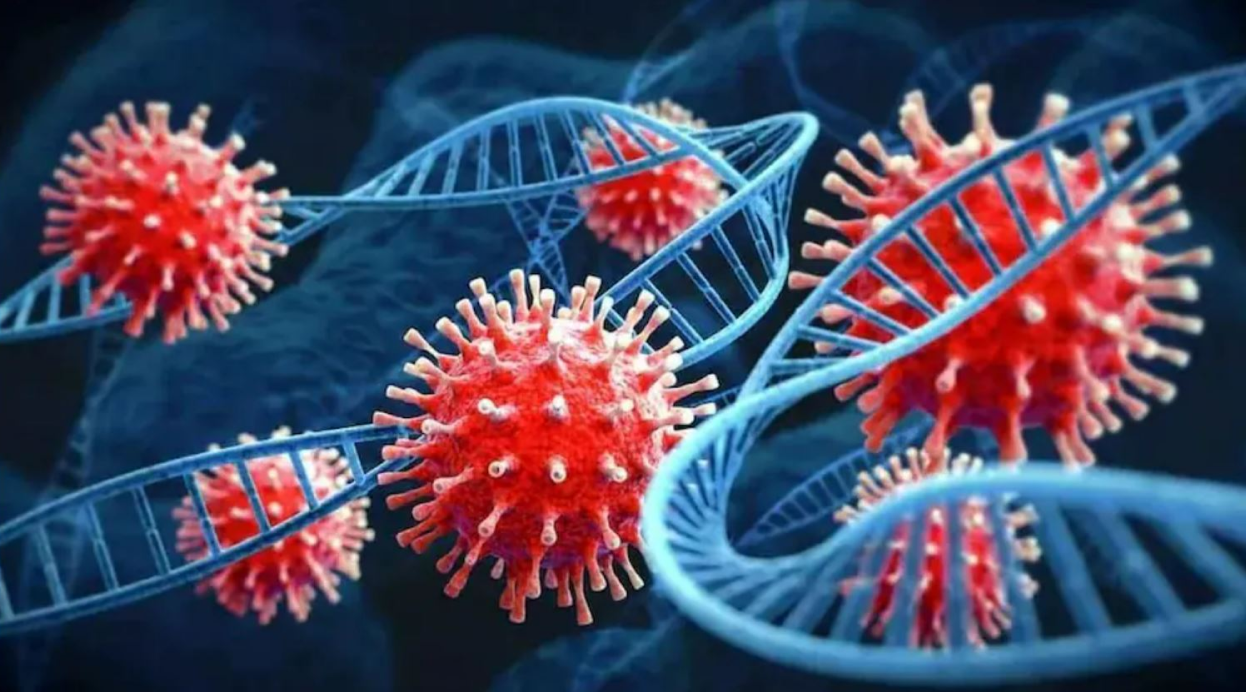Right when we decided to hold our regional conference in Nairobi, Kenya around integrating women in economic development, the Lions from the Nairobi National Park decided to visit the city. Amidst the friendly carnivores, we held a successful conference and agreed to come together as the Mitreeki 2016 Network and committed to work tirelessly to promote and protect the rights and integrity of all women and girls. We also pledged to:
guide and sustain knowledge based partnerships for economic empowerment of women across developing countries (especially from India and Africa);Share experiences on empowerment of women and girls that have brought results and have generated interest regionally and globally;Invite like-minded organizations and individuals to join the network; andCall upon international community and national governments to support this initiative and promote empowerment of women and girls at local, national and regional levels.
Why is Women Economic Empowerment needed?
UN Secretary General Ban Ki-Moon said “if the world is to achieve the Sustainable Development Goals (SDG), we need a quantum leap in women’s economic empowerment” while announcing the formation of the first ever high-level panel on Women’s Economic Empowerment in Davos (2016).
Women are the most deprived and marginalized across countries and cultures – a concern captured in the UN SDG 5 that urges equality and empowerment of all women and girls. Representing half of world’s population, women should ideally comprise 50% of world’s labour force, but in reality they only comprise around 30-40% of the total work force in developing countries (according to World Bank, globally 40% of all world workers are women). Issues such as persisting lack of voice and social status, education, skill sets, security at work place and equal opportunities are reasons for their low participation. And because of unequal opportunity and related reasons just 18% of firms globally have women at the top management level.
Map depicting percentage of women workforce across the globe
Despite grim statistics, it is believed that women’s economic empowerment is essential for any country’s development. It not only promises to increase a country’s GDP but also ensures a secure and a sustainable future for its citizens. Recently Hillary Clinton as Secretary of State repeatedly made an economic case for improving the status of women, citing research showing the benefits to a country’s GDP. Quoting the No Ceilings Report (Gates Foundation, 2015) she said “Closing the gap in women’s labor force participation across OECD countries is estimated to lead to average GDP gains of 12% by 2030, including almost 20% in Japan and Korea, about 10% in the United States, and more than 22% in Italy.”
India and Africa Connect
Both in India and Africa the gender divide, especially in rural areas, is quite intense and women are openly subjected to various kinds of discrimination and denial of rights. Women bear a disproportionate brunt of poverty which forces them into increasing drudgery, longer hours of work under conditions of poor nutrition, food insecurity and falling health. The entrenched socioeconomic prejudices results in progressive marginalisation of womenʹs role in the household, neighbourhood, and in the community. However, despite these limitations, India and Africa have achieved some noteworthy success in women empowerment and poverty reduction.
India, where only 27% of women work in the formal sector has a long way to go in meeting gender parity. At the same time, several indicators of human development and gender parity reflect that India compared to other Low Income Countries (LICs) has achieved success over the years. In 2013, India fell under the Medium Human Development category, while a majority of the countries in Africa fell under the Low Human Development category, with the Gender Inequality Index value ranging from as low as 0.410 to 0.591 demonstrating that a lot can be done to empower women in Africa who face high levels of inequality and discrimination. (source: http://www.ipekpp.com/knowledge_p.php)
Women face common challenges in India and Africa and the Mitreeki 2016 conference organized under the Knowledge Partnership Programme (KPP), funded by Government of UK’s Department for International Development (DFID), managed by IPE Global Limited, impressed upon the need to come together and address such issues to meet the Sustainable Development Goals. Many experts at the Nairobi conference, organized under the KPP in association with Kenya Association of Women Business Owners (KAWBO), felt that engendering development goals will supplement efforts individually made towards achieving the 17 SDGs by 2030.
The conference discussed key challenges faced by women in the two continents, especially pertaining to – access to education; access to credits & loans; access to markets; access to safe work places; etc. Day one of the conference focused on plenary discussions while day two facilitated a dialogue between practitioners to understand the good practices in more details and how these could be applied in their respective contexts. The panelists relayed success stories around financial inclusion; market linkages; opportunities in the emerging sectors from their own countries and deliberated on the social norms that impede women’s economic participation. Each session reflected on policies; programmes and models from the participating countries (Kenya, Ethiopia, Rwanda, Uganda, Tanzania, Malawi, and India) that have addressed these barriers.The conference culminated in the signing of a resolution and a mutual agreement to create a‘Mitreeki Network’ housed in either of its facilitators (IPE Global or/and DFID) which will further the women economic empowerment agenda by sharing, learning, linking and advocating for a gender just world. The network will have representatives from Local Governments, Organizations, Academia, Women Entrepreneurs, Private Sector, Donors, Women Beneficiaries, etc. from across Africa, Asia & UK and individually they would help identify and showcase initiatives that have succeeded in achieving targets of women empowerment and collectively imbibe learnings in their own context.
Daljeet Kaur has a double Master’s degree in Environment and Sustainable Development from the DPU and Environmental Planning from School of Planning and Architecture, New Delhi. She has worked as a qualified planner and an architect for more than eight years at IPE Global Limited. Her interest lies in urban planning; urban reforms, environmental management; climate change and its mitigation & adaptation; knowledge management.At present she is working as a Senior Programme Manager for the DFID funded Knowledge Partnership Programme (KPP), implemented by IPE Global.




